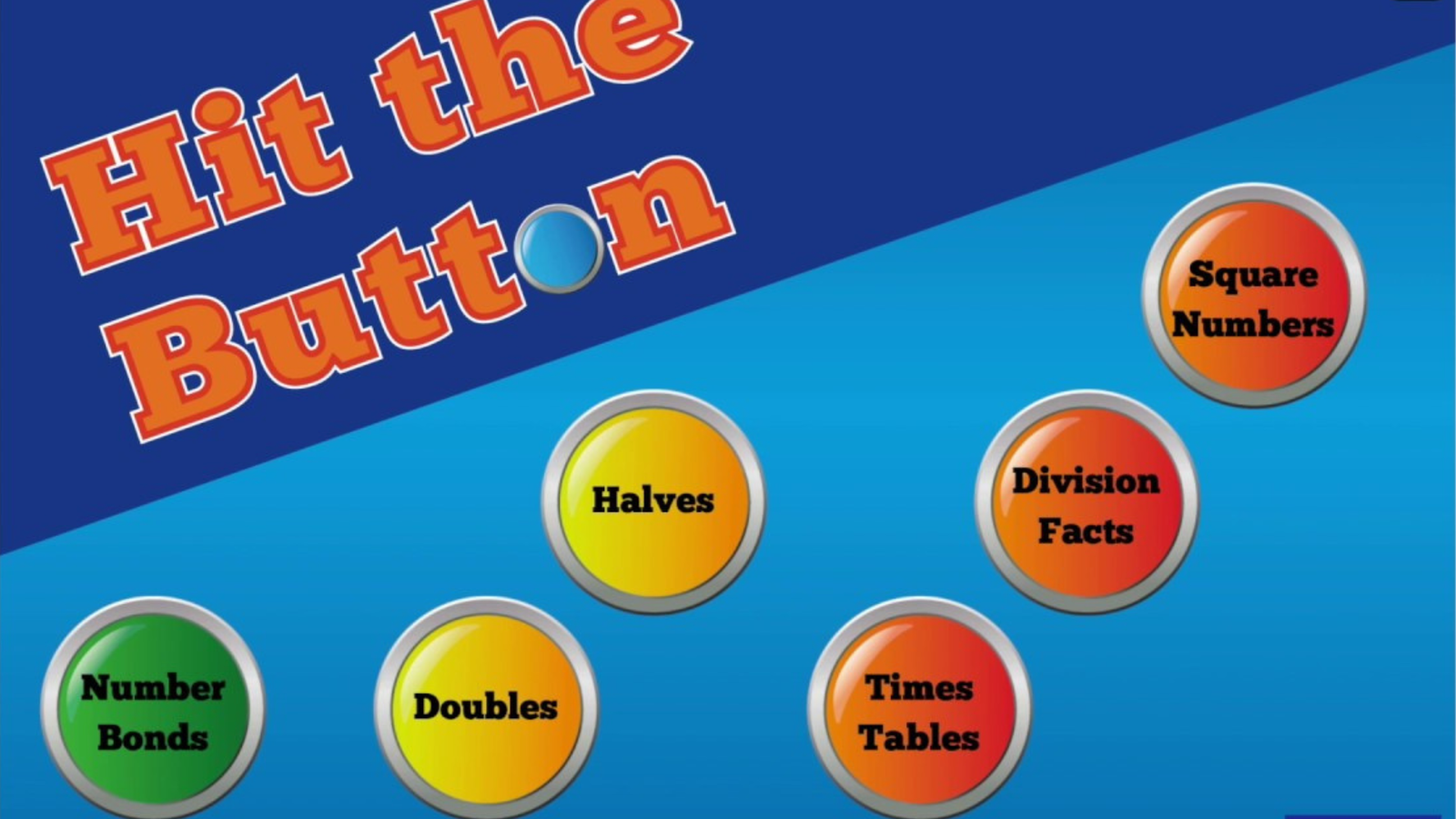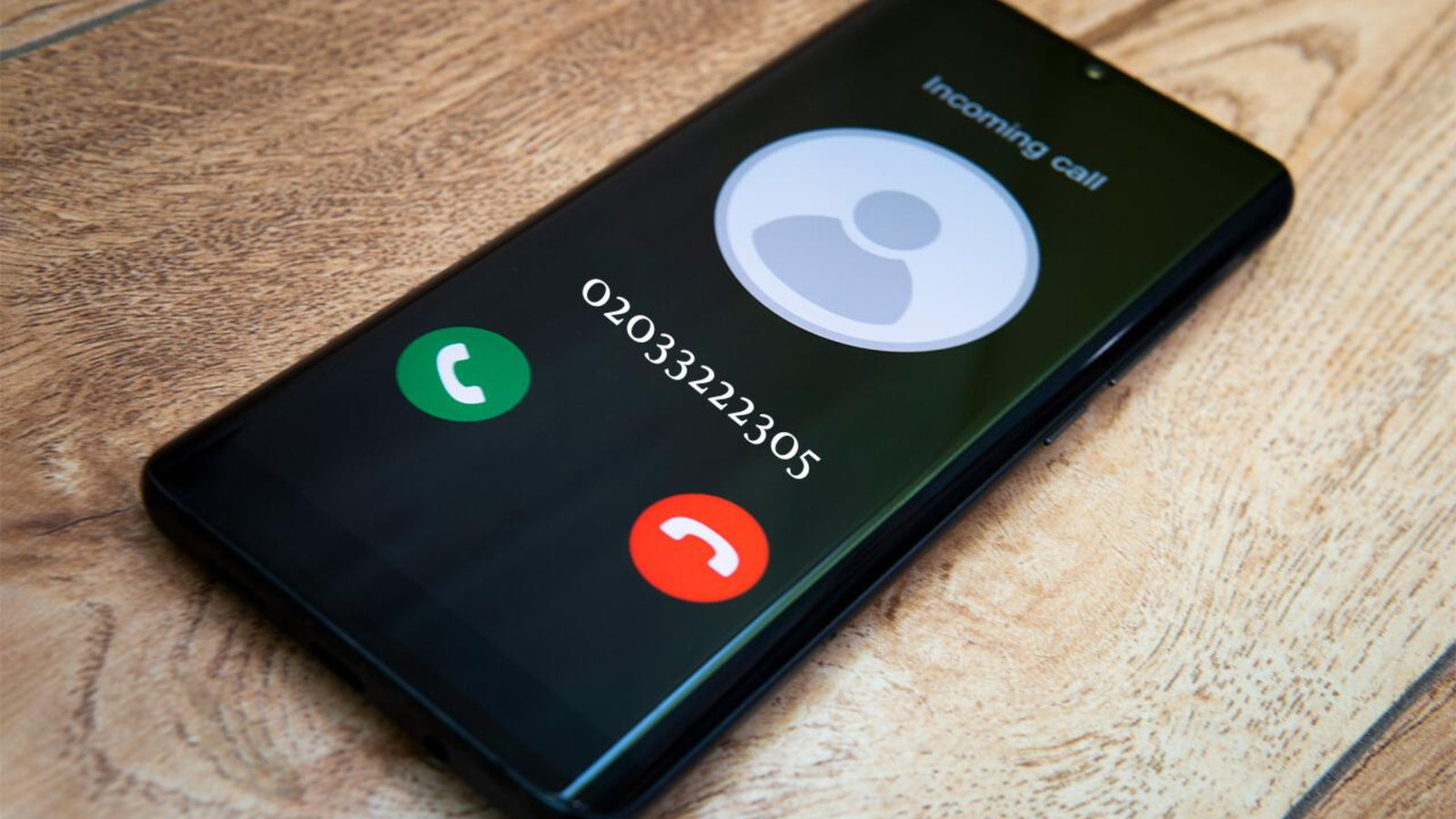Hit the Button: Unleashing the Power of Quick Decision-Making
In our fast-paced world, the ability to make quick and effective decisions is more valuable than ever. Whether you’re an entrepreneur navigating a competitive market, a professional juggling multiple projects, or simply trying to manage your daily life, knowing when and how to hit the button can be the key to success. But what does it mean to hit the button, and how can we master this crucial skill?
What Does Hit the Button Mean?
Hit the button is a metaphor for making a decisive action at the right moment. It’s about recognizing the right time to make a choice, take a step forward, or change direction. This phrase can apply to various aspects of life, from business decisions to personal growth, and even to everyday tasks.
The concept isn’t just about speed but also about accuracy and confidence. It’s not enough to act quickly; the decision must also be well-informed and deliberate. In essence, hitting the button means making the right move at the right time with conviction.
The Importance of Quick Decision-Making
- Seizing Opportunities:
- In many situations, opportunities don’t wait around. Whether it’s a job offer, a business deal, or a personal opportunity, being able to quickly assess and act can mean the difference between success and regret.
- Reducing Stress:
- Indecision can be a significant source of stress. The longer we mull over choices, the more anxious we become. By honing the ability to make decisions swiftly, we can alleviate this stress and feel more in control.
- Increasing Productivity:
- Quick decision-making streamlines processes, leading to increased productivity. Instead of getting bogged down in endless deliberation, decisive action propels us forward, saving time and energy.
- Building Confidence:
- The more we practice making decisions, the more confident we become in our judgment. This confidence can translate into better outcomes in various aspects of life.
How to Improve Quick Decision-Making Skills
Improving your ability to hit the button involves developing both the mindset and the skills needed for swift, effective decision-making. Here are some strategies to help you get there:
- Understand Your Goals and Values:
- Knowing what you want and what matters most to you is the foundation of quick decision-making. Clear goals and values act as a compass, guiding you toward the right choices.
- Gather Information Quickly:
- While it’s important not to rush, gathering relevant information swiftly is crucial. Develop a habit of seeking out key details that will inform your decision without getting lost in unnecessary data.
- Trust Your Instincts:
- Sometimes, your gut feeling is your best guide. While it’s important to back your decisions with facts, don’t discount your instincts. They are often based on subconscious knowledge and experience.
- Limit Your Options:
- Too many choices can lead to decision paralysis. Narrow down your options to a few viable ones, making it easier to compare and decide.
- Set Deadlines:
- Giving yourself a timeframe can prevent overthinking and procrastination. Even if it’s a self-imposed deadline, it can motivate you to make a decision and move on.
- Practice Decision-Making:
- Like any skill, decision-making improves with practice. Start with small decisions and gradually take on more significant ones. Reflect on your choices to learn from each experience.
Real-Life Applications of Hit the Button
- In Business:
- In the business world, leaders often face the challenge of making quick decisions that can impact the company’s future. Whether it’s launching a new product, entering a new market, or making a strategic partnership, the ability to hit the button can determine success or failure.
- In Personal Life:
- On a personal level, decisions about relationships, health, and finances require timely action. For example, deciding to start a new fitness routine, invest in education, or make a significant purchase are all areas where quick, confident decision-making is beneficial.
- In Emergencies:
- In emergency situations, the ability to make rapid, decisive actions can be life-saving. First responders, medical professionals, and even ordinary individuals may need to hit the button in crisis scenarios, making critical decisions under pressure.
Common Pitfalls and How to Avoid Them
While quick decision-making is valuable, it’s essential to avoid common pitfalls that can lead to poor choices:
- Overconfidence:
- Confidence is good, but overconfidence can lead to rash decisions. Always check your assumptions and seek input from others when necessary.
- Analysis Paralysis:
- Getting stuck in the details can prevent you from making any decision. Recognize when you have enough information and avoid overanalyzing.
- Emotional Decisions:
- While emotions are a natural part of decision-making, letting them dominate can lead to biased or irrational choices. Strive to balance emotions with logic.
- Ignoring Feedback:
- It’s important to learn from past decisions and the feedback you receive. Ignoring constructive criticism can prevent growth and improvement.
The Role of Technology in Decision-Making
In today’s digital age, technology plays a significant role in helping us make decisions quickly and effectively. Tools like data analytics, artificial intelligence, and decision-support systems provide valuable insights that can inform our choices.
For instance, businesses can use analytics to understand market trends and customer behavior, enabling them to make data-driven decisions. Similarly, individuals can use apps and online resources to gather information and weigh options, from choosing a restaurant to making investment decisions.
However, while technology can aid in decision-making, it’s important not to become overly reliant on it. The human element—intuition, judgment, and experience—remains crucial. Technology should be seen as a tool to enhance our decision-making capabilities, not replace them.
Conclusion: Mastering the Art of Hitting the Button
In a world where speed and accuracy are often the keys to success, mastering the art of “hitting the button” is an invaluable skill. It’s about making the right move at the right time with confidence and clarity.
By understanding your goals, gathering information efficiently, trusting your instincts, and practicing decision-making, you can enhance your ability to make quick, effective choices. Remember, it’s not just about acting quickly—it’s about making the right decisions quickly.
As you continue to refine your decision-making skills, you’ll find that you can navigate life’s challenges more smoothly, seize opportunities more readily, and achieve your goals with greater ease. So, the next time you’re faced with a decision, big or small, remember: sometimes, you just need to hit the button.
This concludes our exploration of quick decision-making and the concept of hit the button. Whether in business, personal life, or emergencies, the ability to make fast, informed decisions is a skill that can be developed and honed. By doing so, you can enhance your effectiveness, reduce stress, and build confidence in your decision-making abilities.



